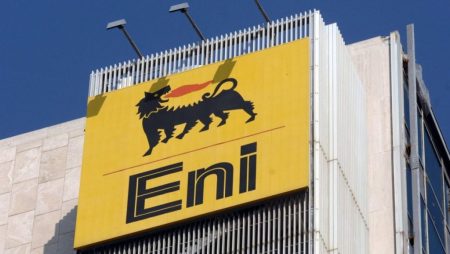
19 March 2014, Juba South Sudan’s oil production is holding steady at about 160,000 barrels per day (bpd), based on output from fields in Upper Nile state, an oil ministry official said.
Production from the country’s other main producing area, Unity state, is not expected to resume soon, the official – who asked not to be named – told Reuters.
Production on Monday was 162,000 bpd, the official said, around the same level reported since the start of the year but down a third from the 245,000 bpd recorded before a conflict flared in mid-December.
During more than a month of fighting that pitted supporters of President Salva Kiir against defectors who backed his sacked deputy Riek Machar, output from fields in Unity state was halted. It has remained shut since then.
“They set the facility ablaze, it will take long to restart. The budget for the companies (to restart production) is very big,” the official said, referring to Unity production.
Sporadic battles have been fought since a ceasefire deal was reached on Jan. 23, with some of the fiercest fighting in Malakal, the capital of Upper Nile state. But production from the Upper Nile fields has held steady. Upper Nile state fields produces Dar blend crude, which is a heavy and sour blend.
The lighter and sweeter Nile blend produced from the Unity fields tends to sell at a premium to Dar. The two blends usually go to Chinese and Indian refiners, which can process a variety of crudes. Some Nile blend is also shipped to Japan where it is burned by utilities.
Any variation in production level of South Sudan’s crudes can impact the price of some other grades of crude, such as Indonesian, Angolan and some Australian grades.
Oil firms in South Sudan, a country roughly the size of France, include China National Petroleum Corp, India’s ONGC Videsh and Malaysia’s Petronas.
All of South Sudan’s exports run via a pipeline through Sudan to the Red Sea. South Sudan split from Sudan in 2011 and the two nations have often argued since then over oil transit fees, border security and other issues
– Reuters



